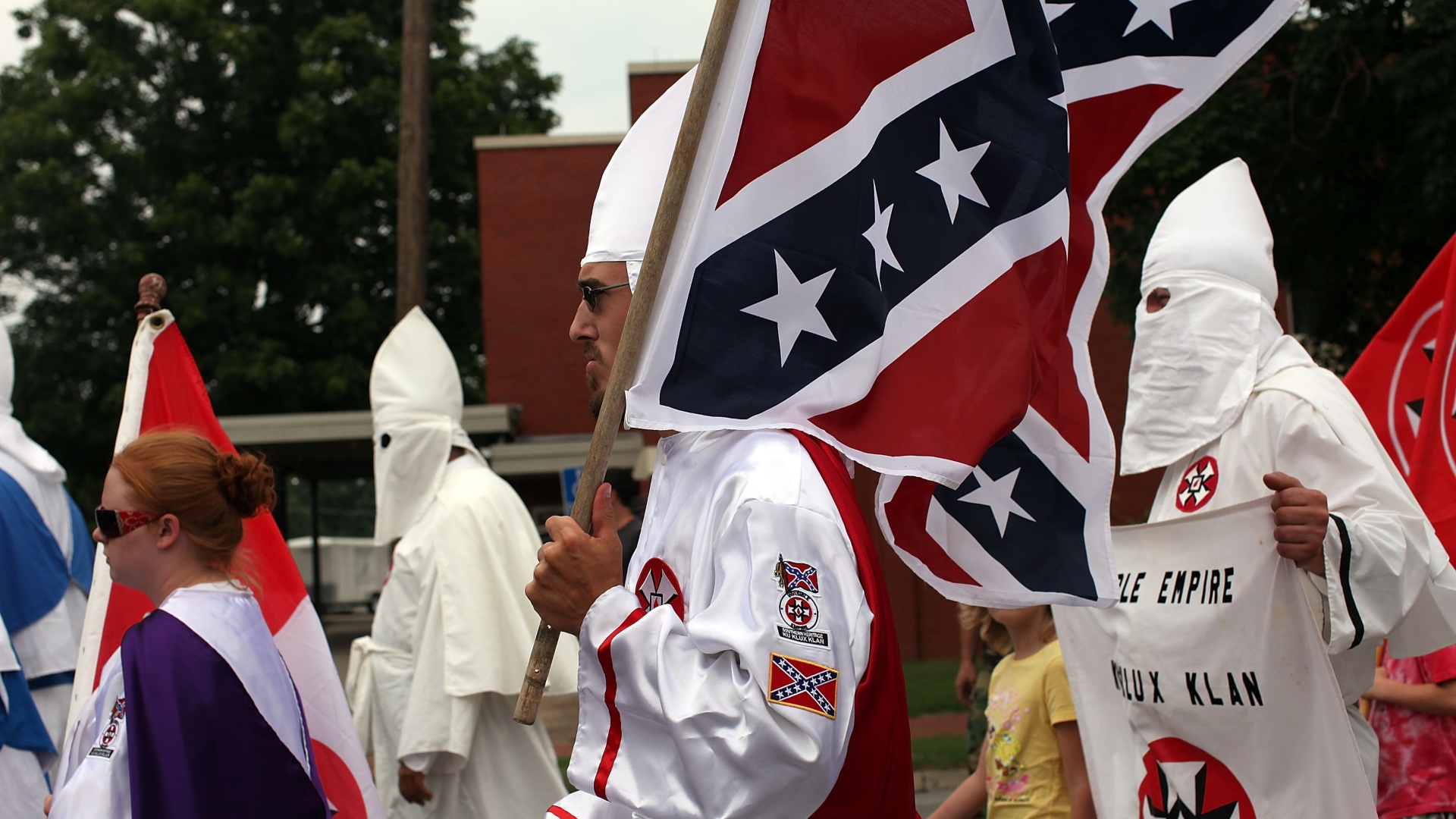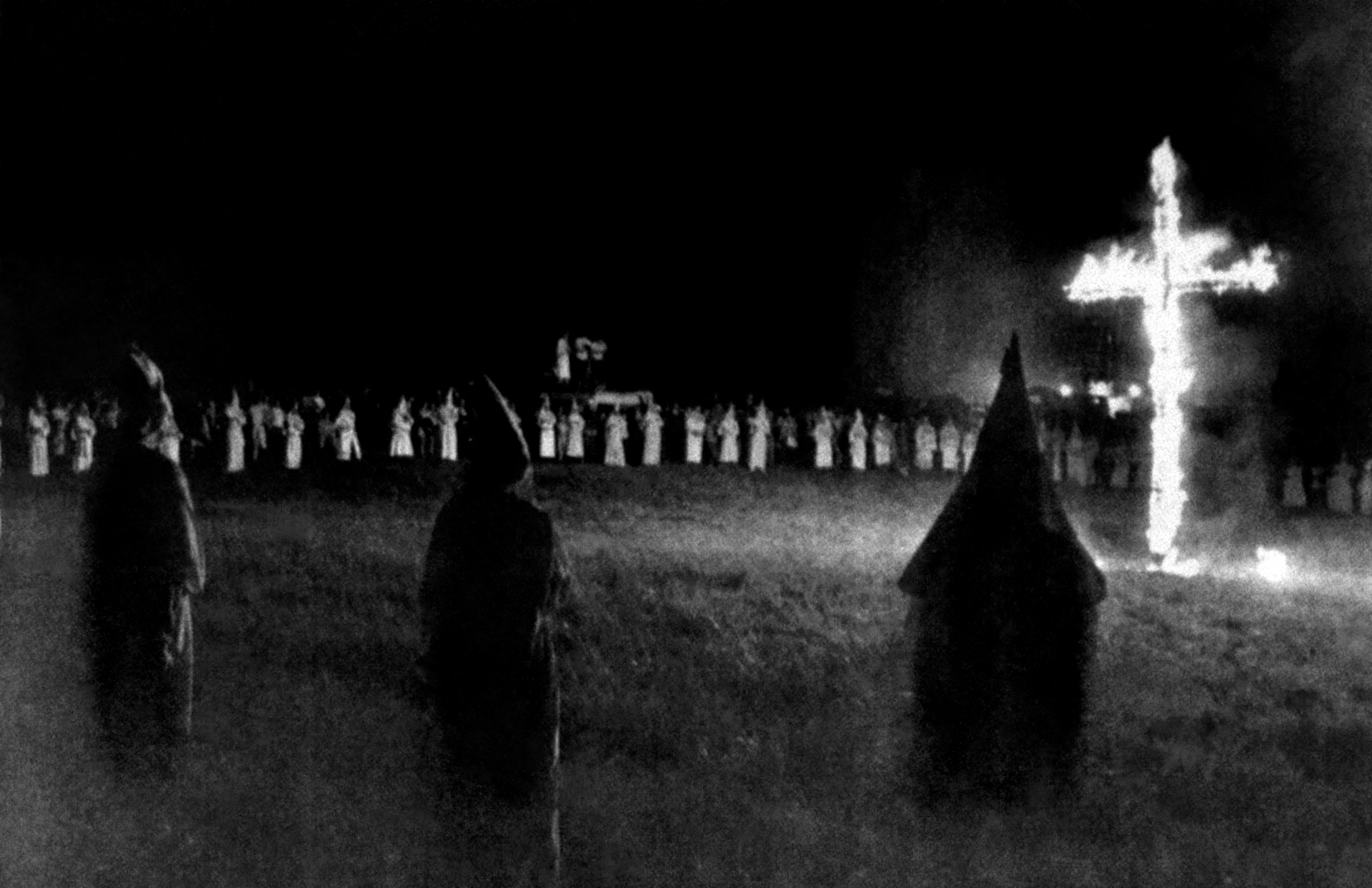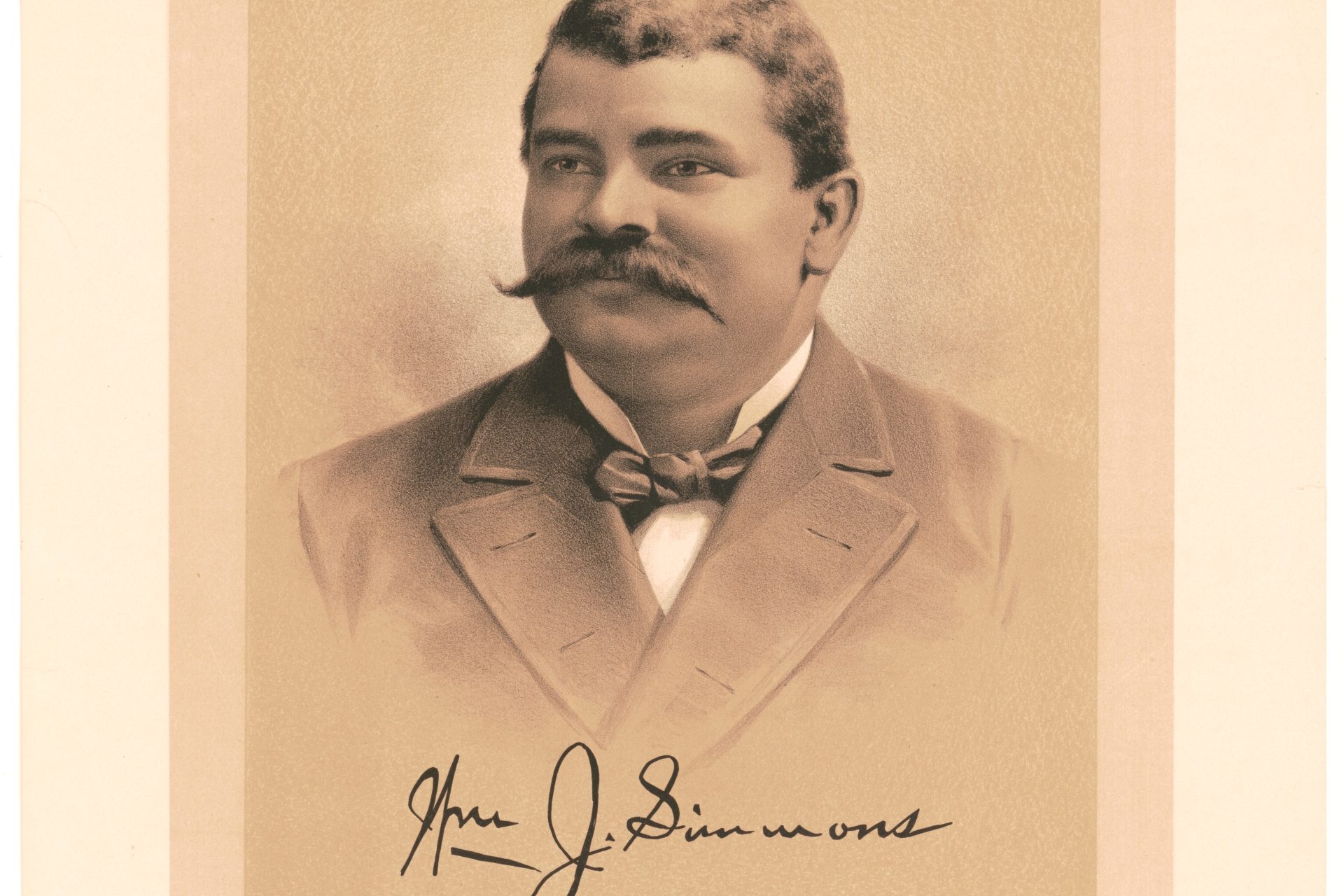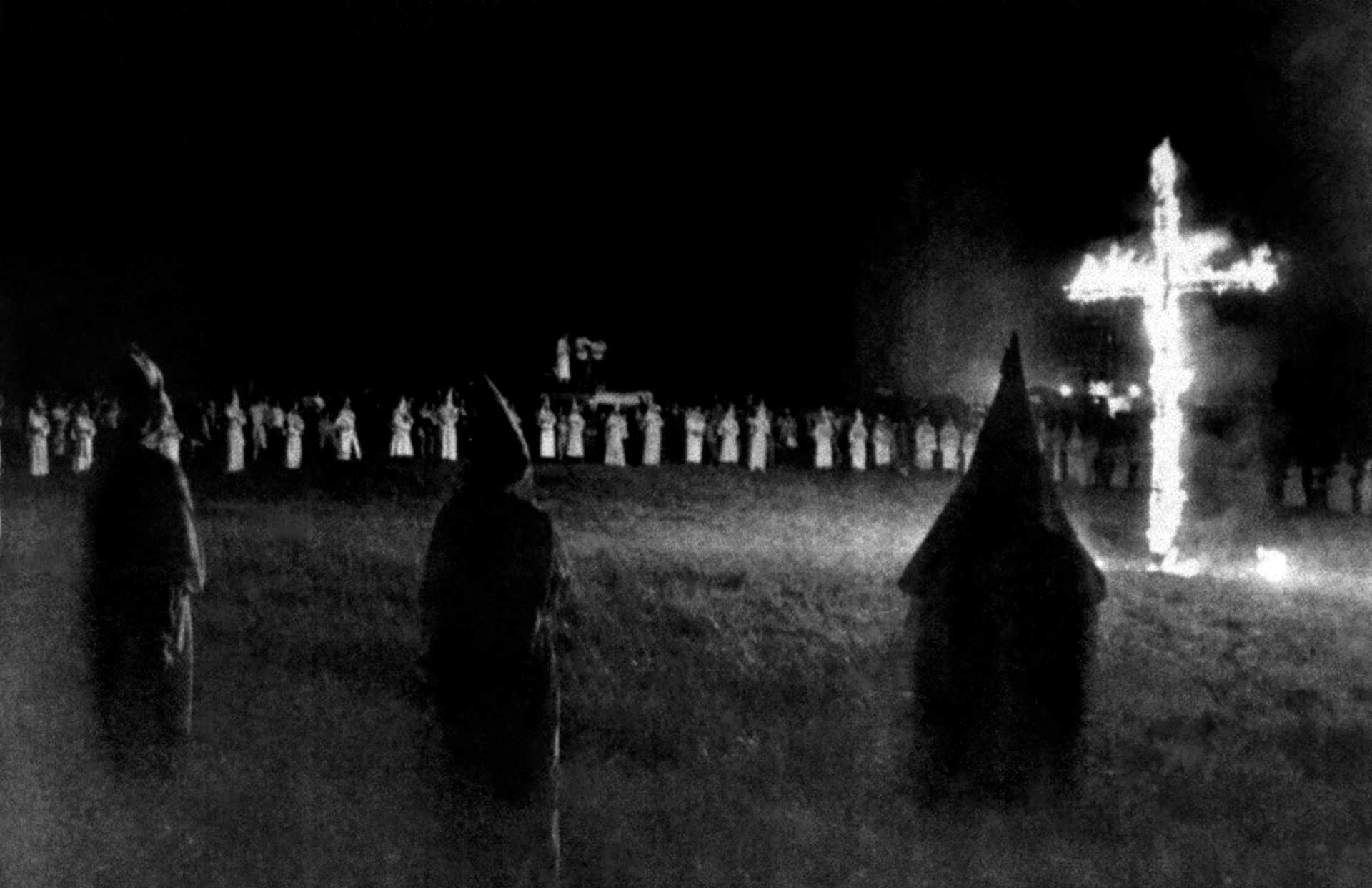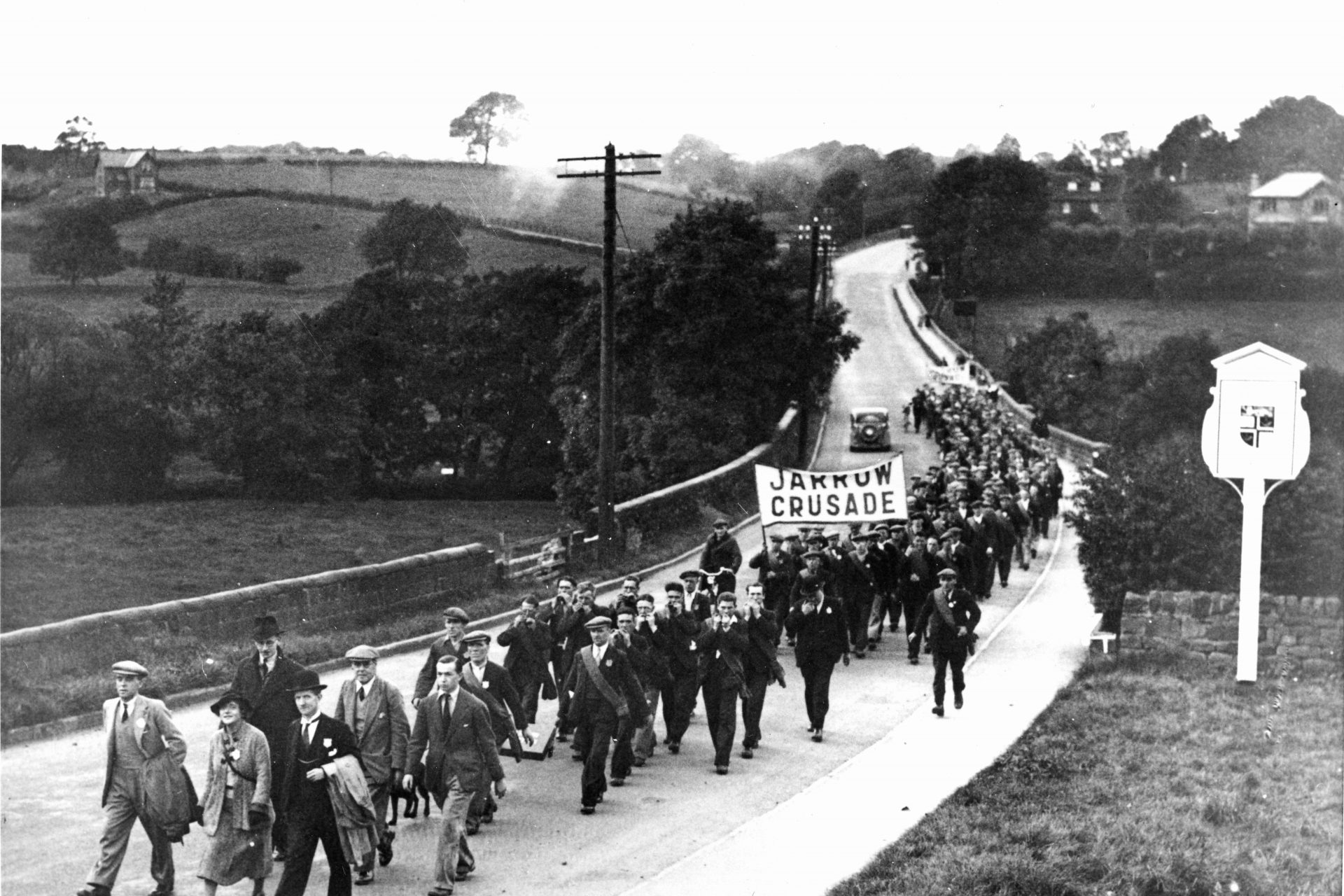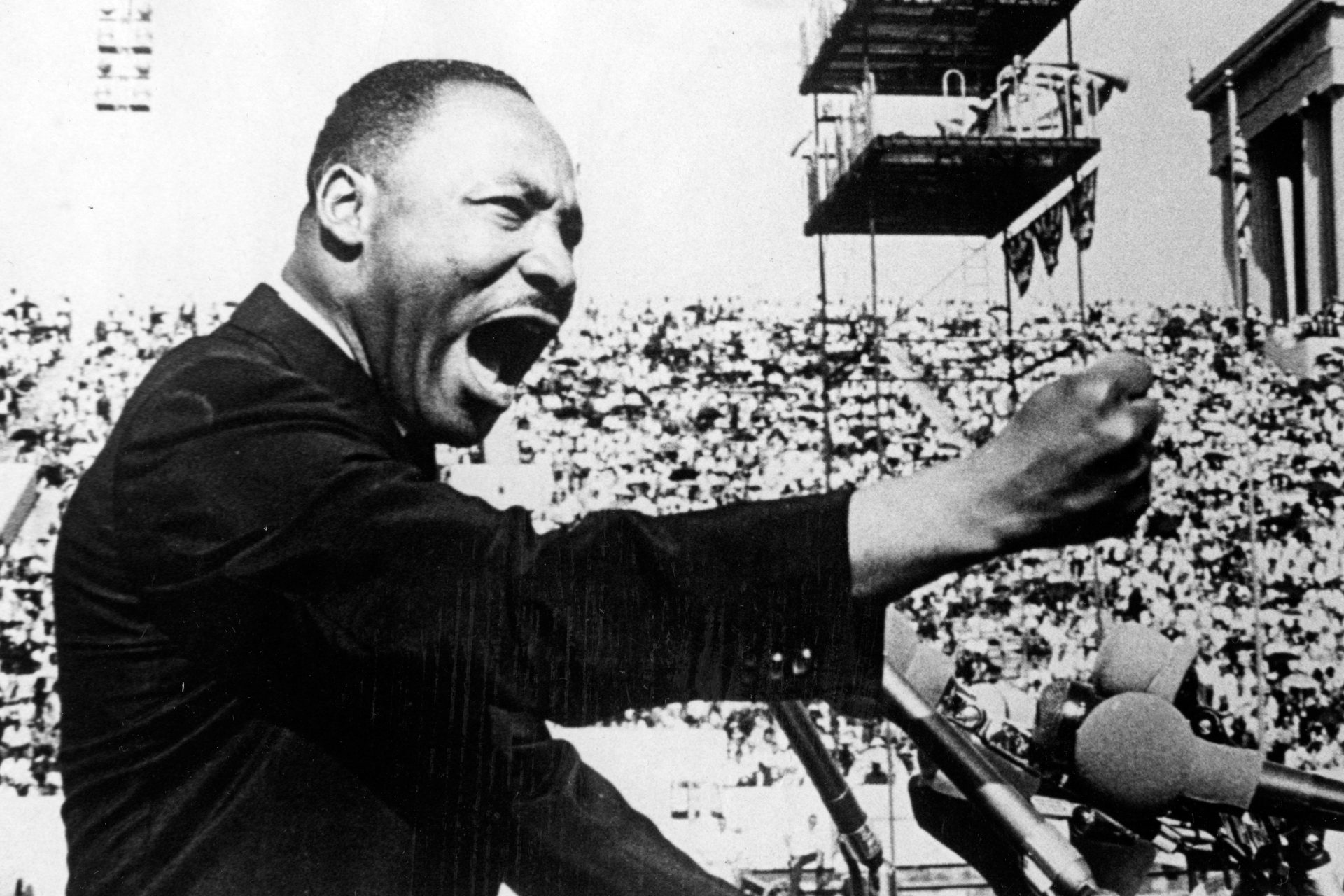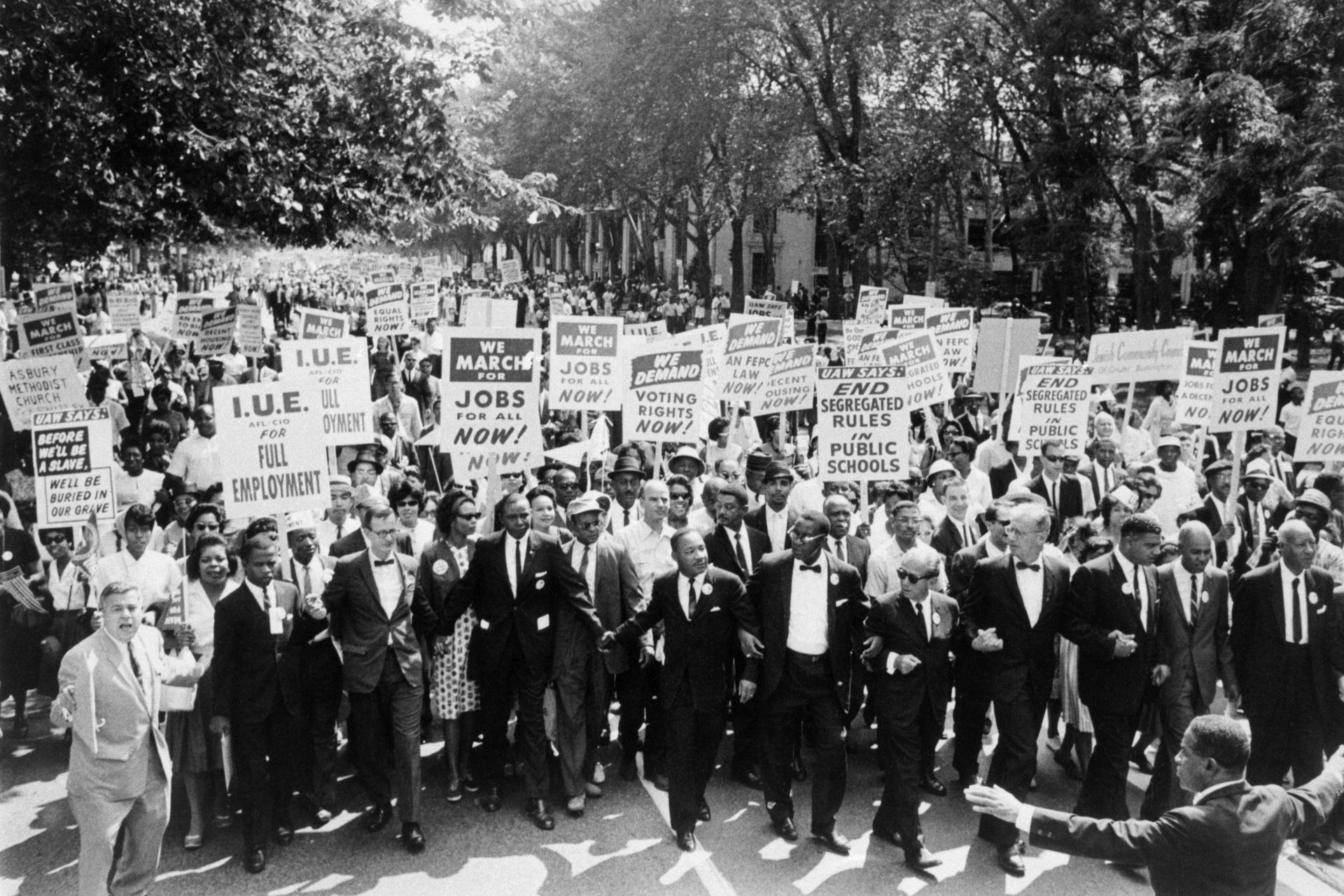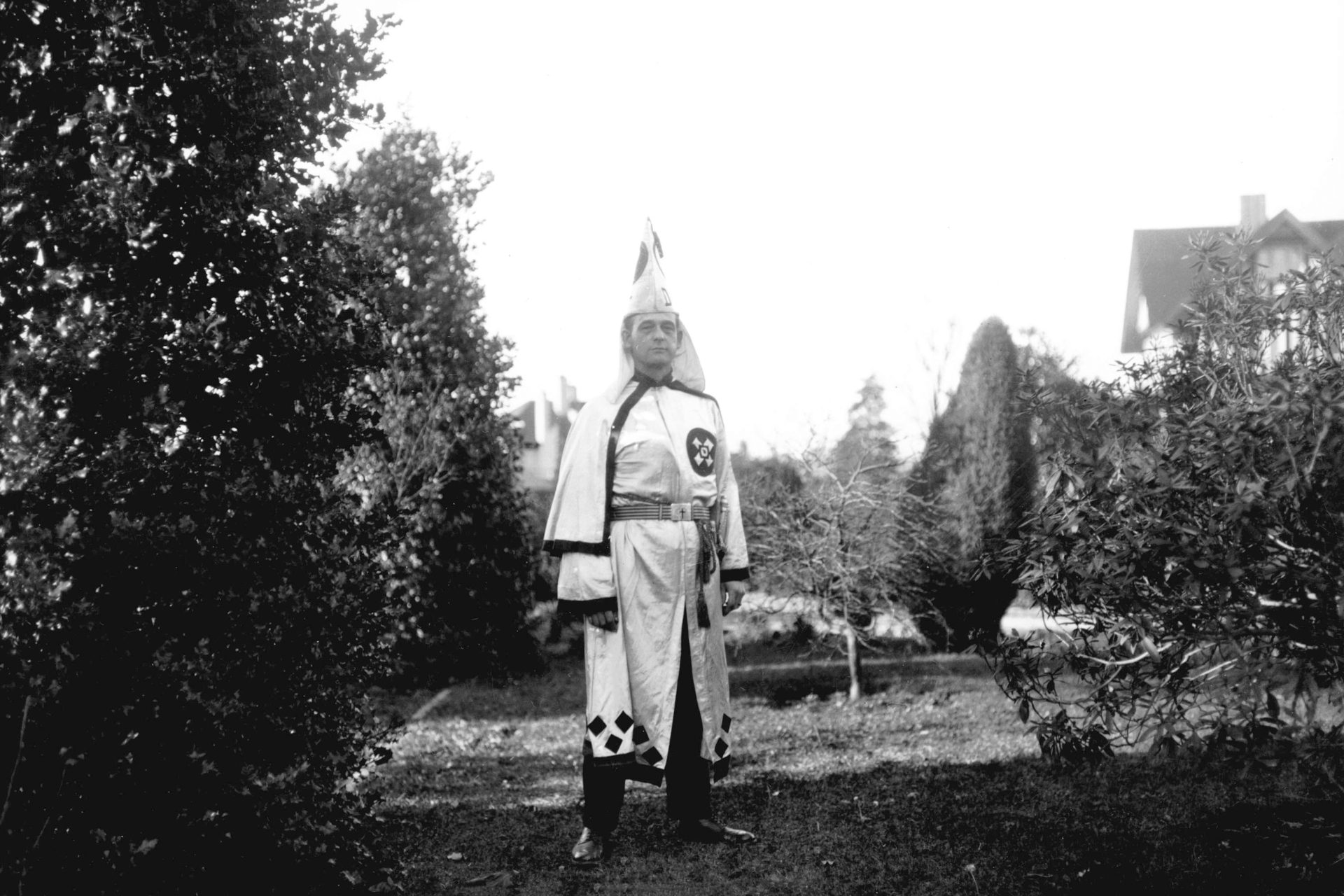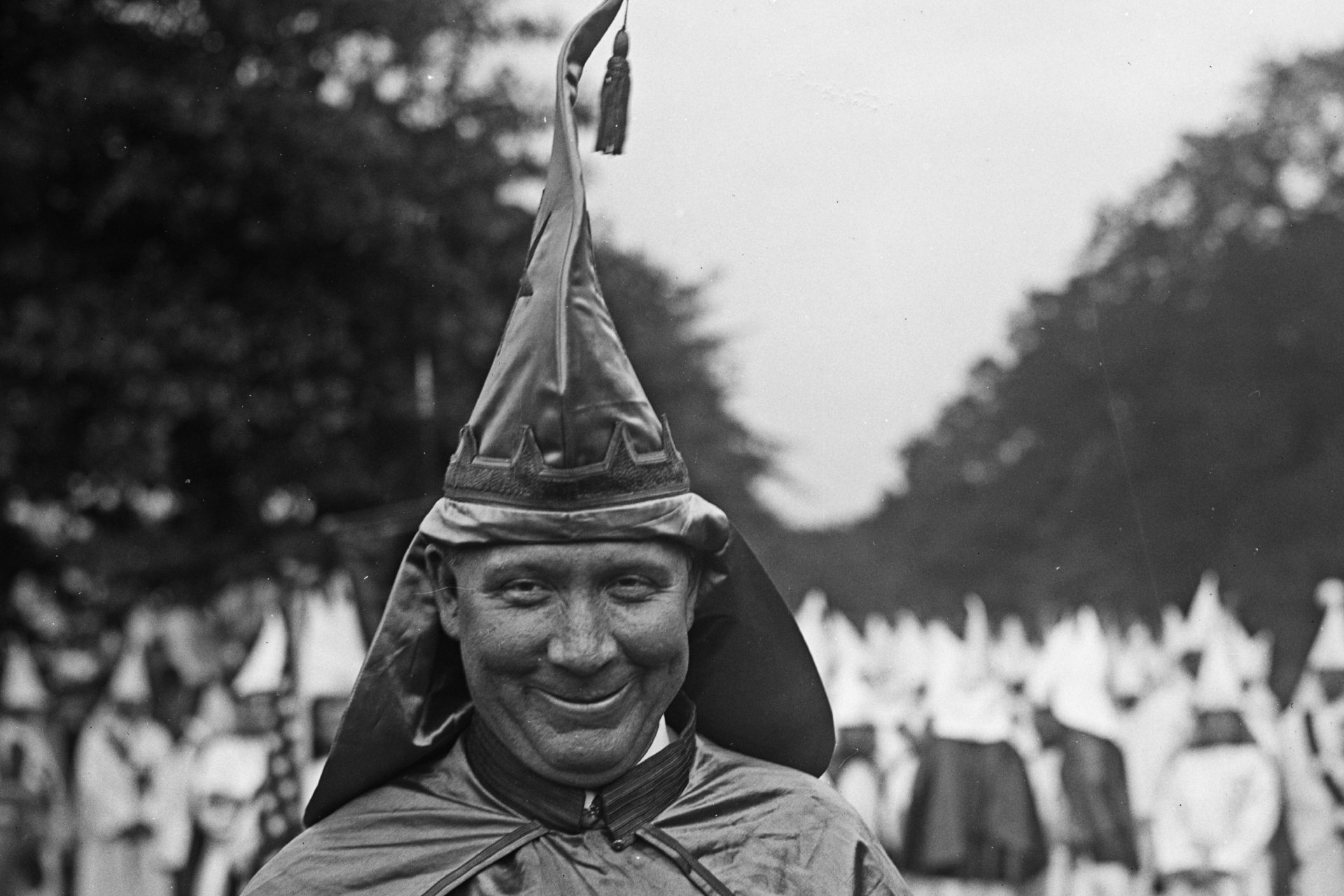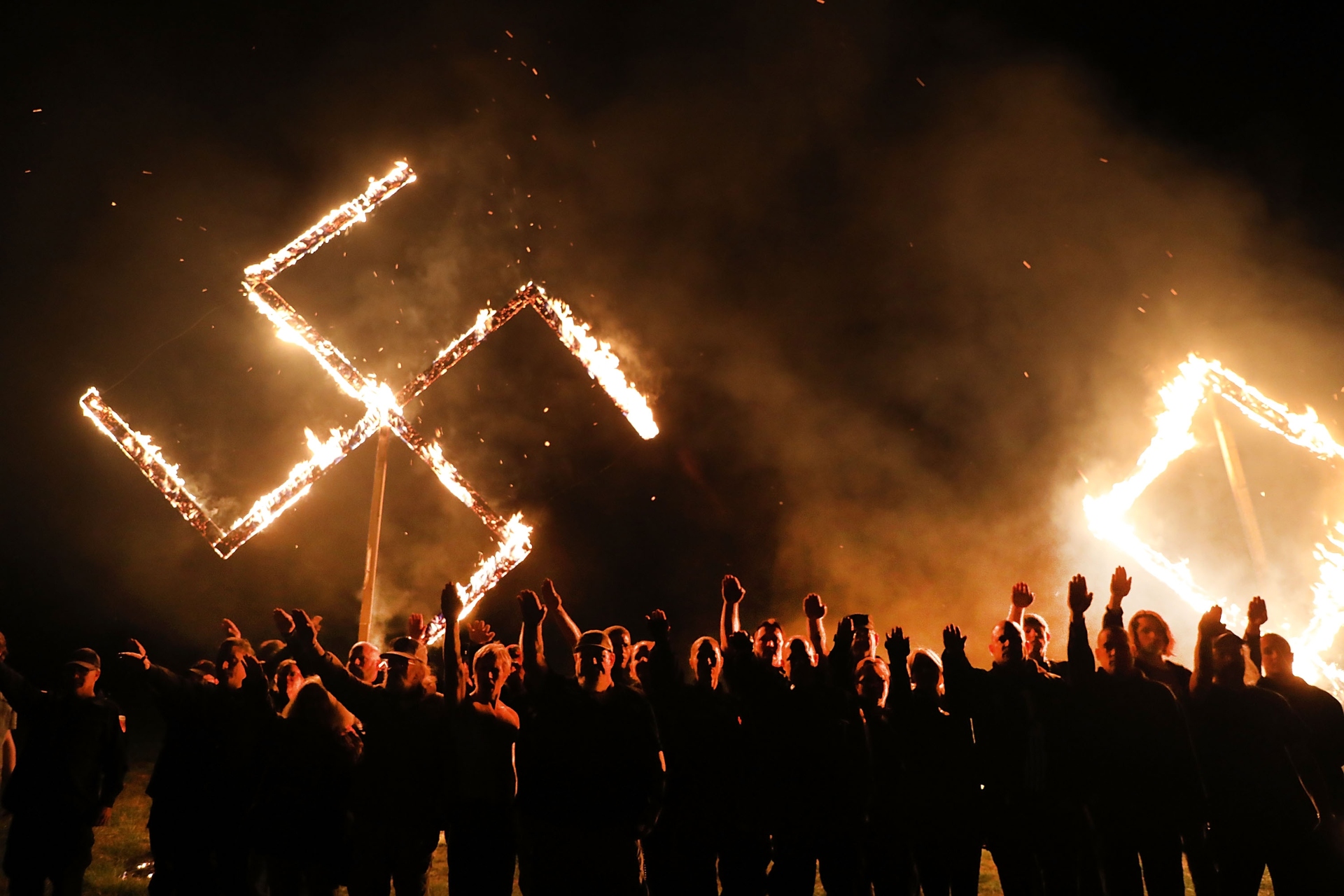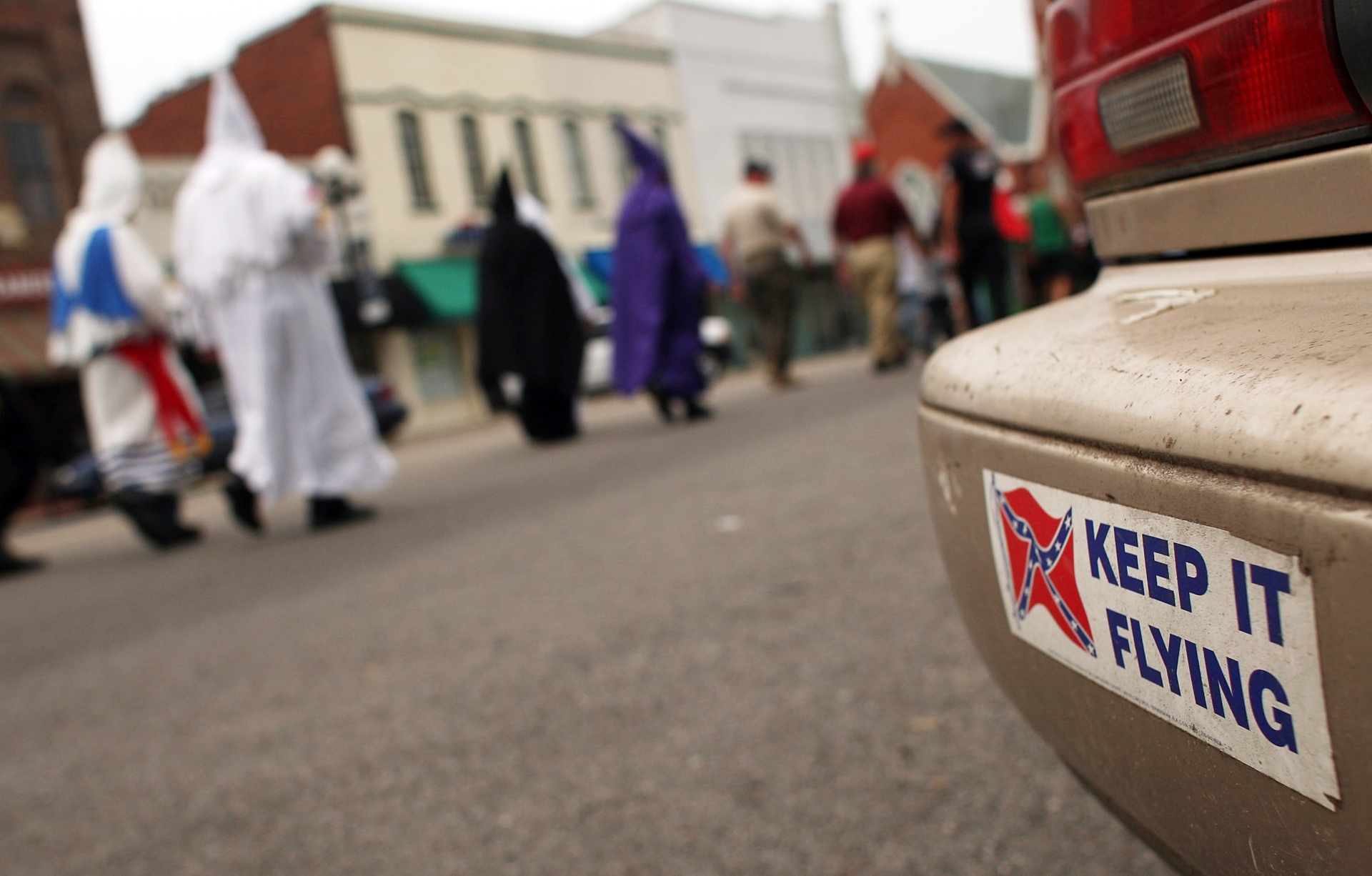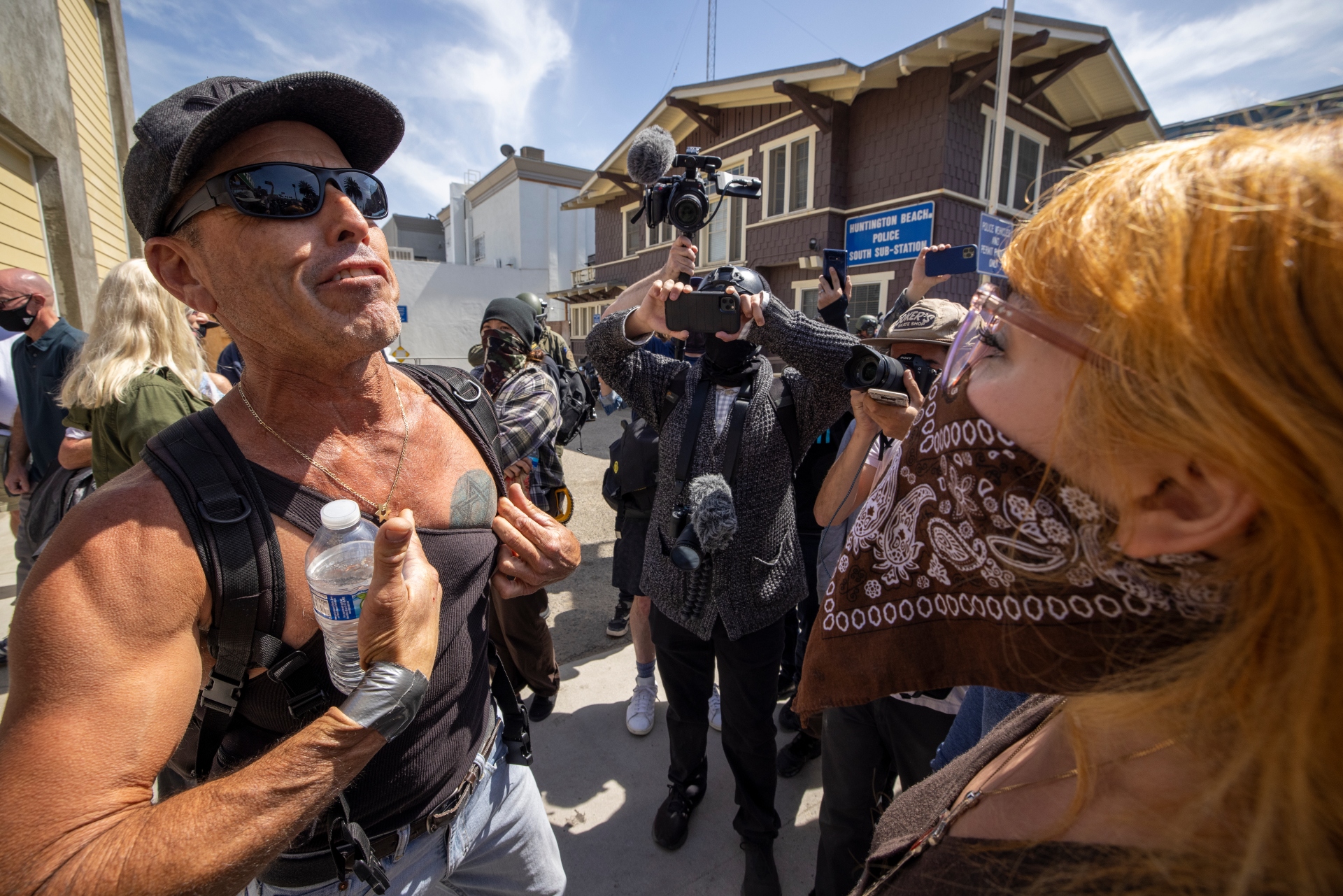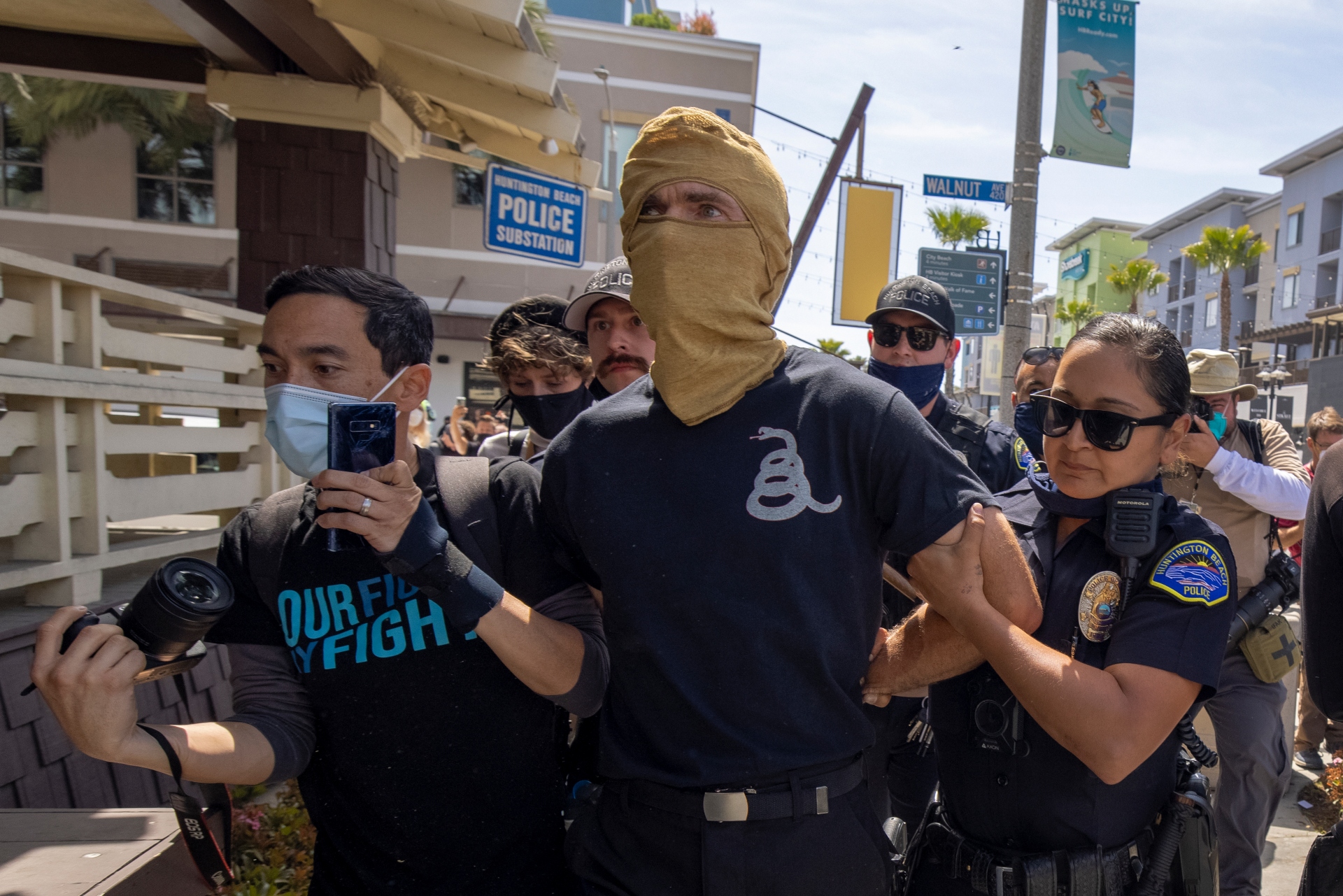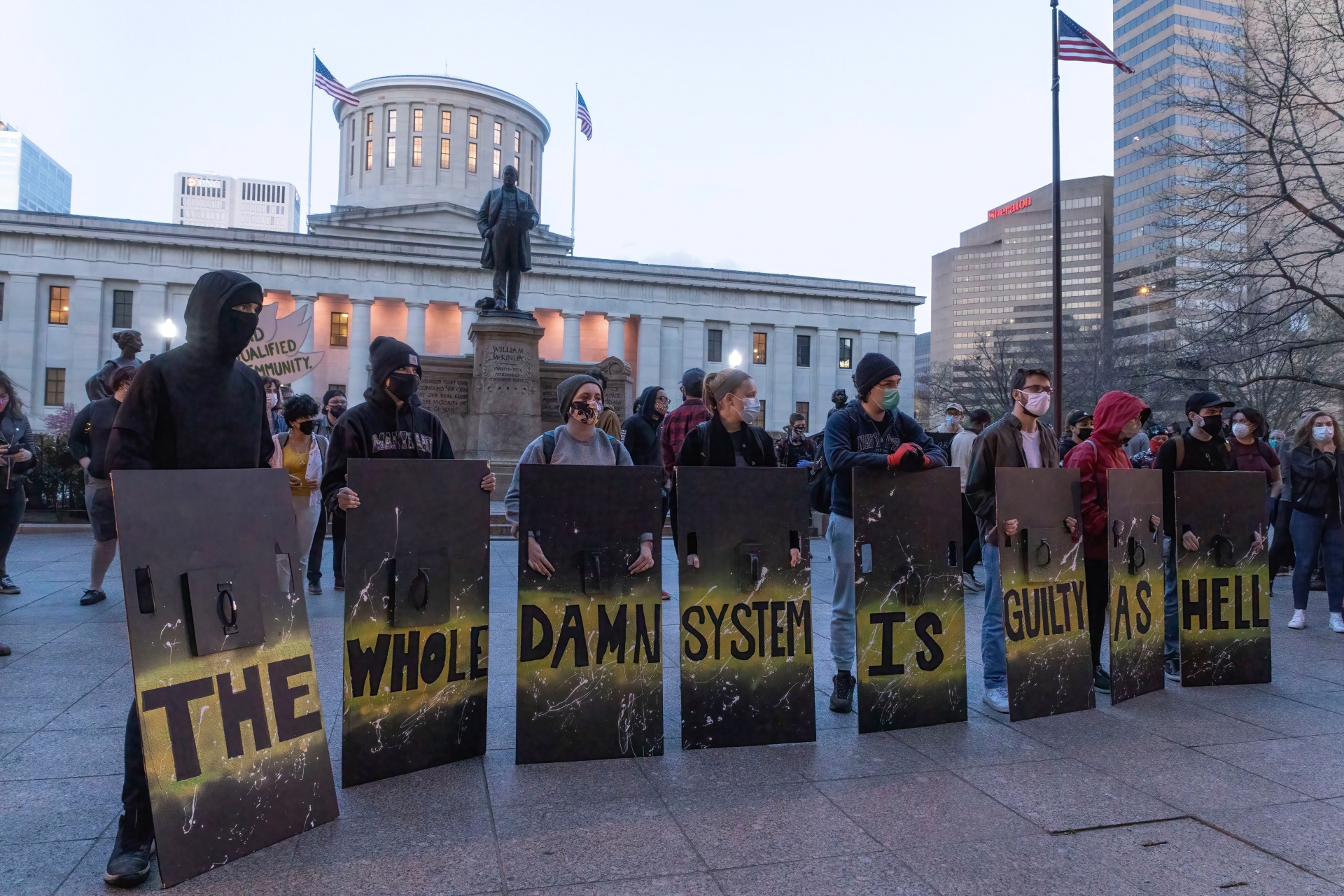What's the K-K-K? Its history and resurgence
Six young Confederate veterans founded a racist organization in Pulaski, Tennessee, aimed at terrorizing African Americans and maintaining "white supremacy." Alarmingly, despite some ups and downs, the KKK has persisted into the present day and is experiencing a worrying resurgence.
Starting in 1868, the KKK, led initially by Confederate General Nathan Bedford Forrest, committed numerous acts of violence, including lynchings and attacks on African American communities to prevent them from exercising their newly gained rights.
Also known as the "Ku Klux Klan Act," it allowed the federal government to intervene and suppress KKK activities, marking the beginning of their decline and temporary disintegration.
The KKK was re-founded by William J. Simmons, inspired by the fundamental Hollywood film 'The Birth of a Nation' and the resurgence of xenophobia and nativism in the United States.
The KKK saw a significant rise, reaching 4 to 5 million members. During this period, they extended their hate to Jews, Catholics, immigrants, and other minority groups, with significant influence over local and state politics, especially in the Midwest and Southern states.
Internal scandals, extreme violence, and media exposure of their atrocities led to another rapid decline in membership and support for the KKK, which fell into decay by the late 1920s, aided by the Great Depression.
In response to the Civil Rights Movement, led by Martin Luther King Jr., the KKK reemerged with new acts of violence, including bombings and murders of activists.
Four African American girls were killed in a bombing carried out by KKK members in Birmingham, Alabama.
In response to the new wave of aggression, federal legislation was enacted to prohibit racial discrimination, leading to increased suppression of the KKK by authorities.
The FBI launched operations like COINTELPRO to infiltrate and dismantle KKK cells. Agents infiltrated the organization, as depicted in the film 'BlacKkKlansman.'
In the 1970s and 1980s, several KKK members were brought to trial and convicted for their crimes, further weakening the organization, which fragmented into smaller factions in the 1990s, losing cohesion and power.
In the 2000s, the KKK and other white supremacist groups like neo-N a z i s began using the internet to recruit members and spread their ideology.
The resurgence of white nationalism in the 2010s coincided with a rise in hate crimes and the activities of groups like the KKK.
The Unite the Right rally in Charlottesville, Virginia, showcased the persistence of white supremacy, with participation from KKK members and other extremist groups.
Today, the KKK is widely rejected by American and international society through movements like Black Lives Matter. Though their influence appears much diminished and they are under constant surveillance by authorities and civil rights groups, the KKK still exists.
Indeed, this resurgence occurred with the rise of President Donald Trump. Since then, although out of the spotlight, the Ku Klux Klan has been experiencing a revival, warranting more vigilance. Even David Duke, a former leader of the group, stated in an interview with El País, "Trump has empowered us. It was the overwhelming white vote that put him in the White House, and he should remember that."

